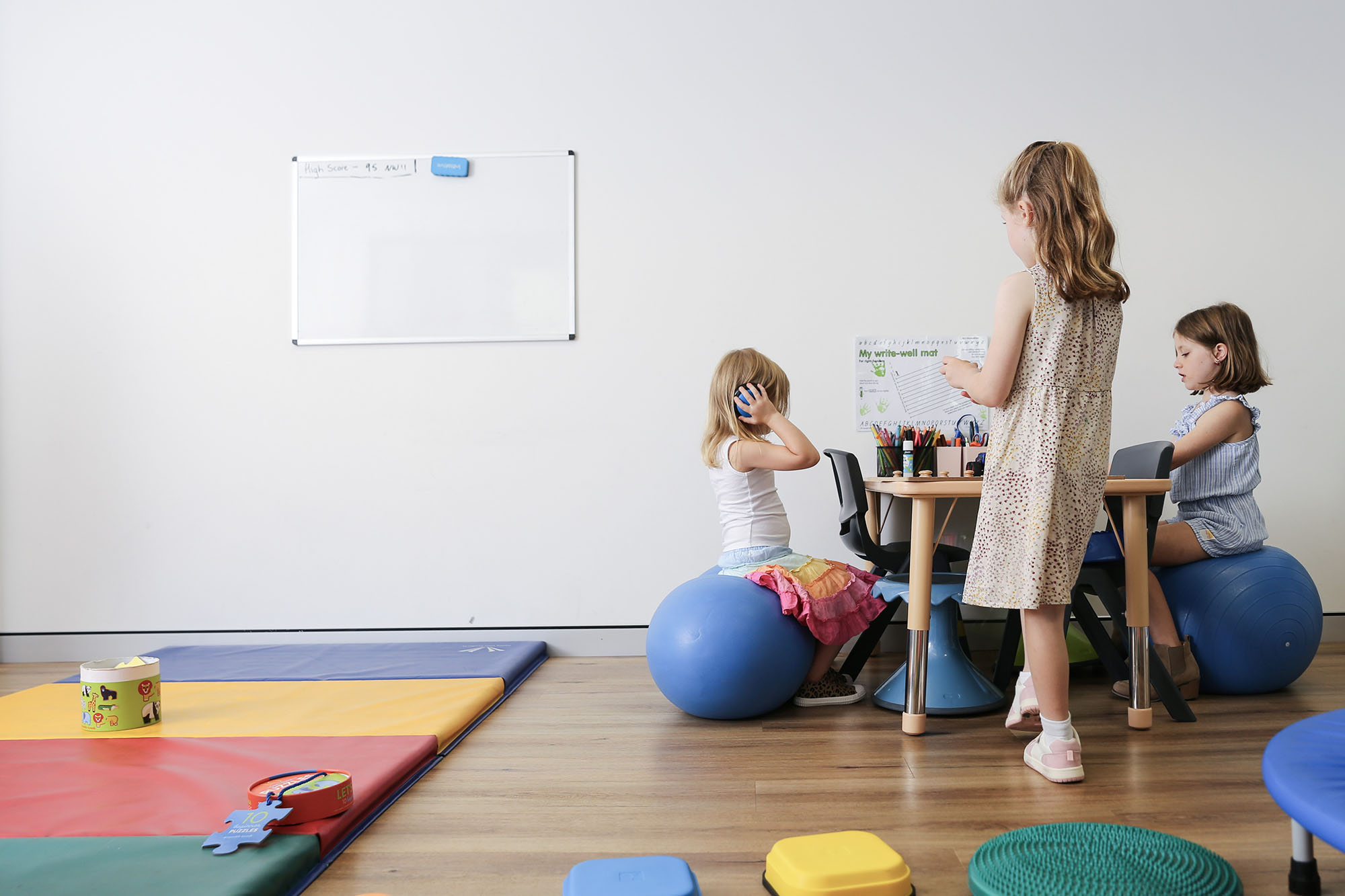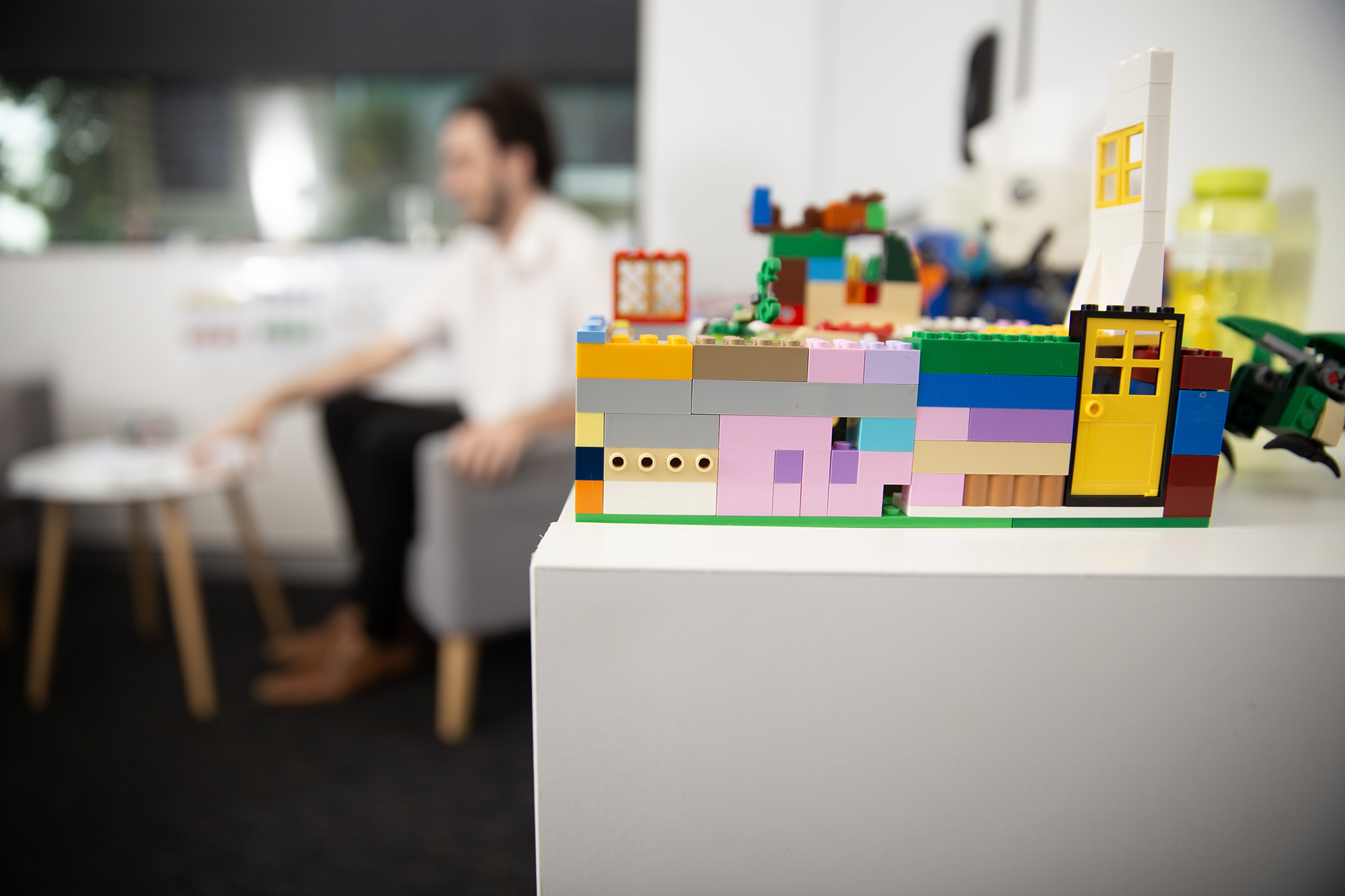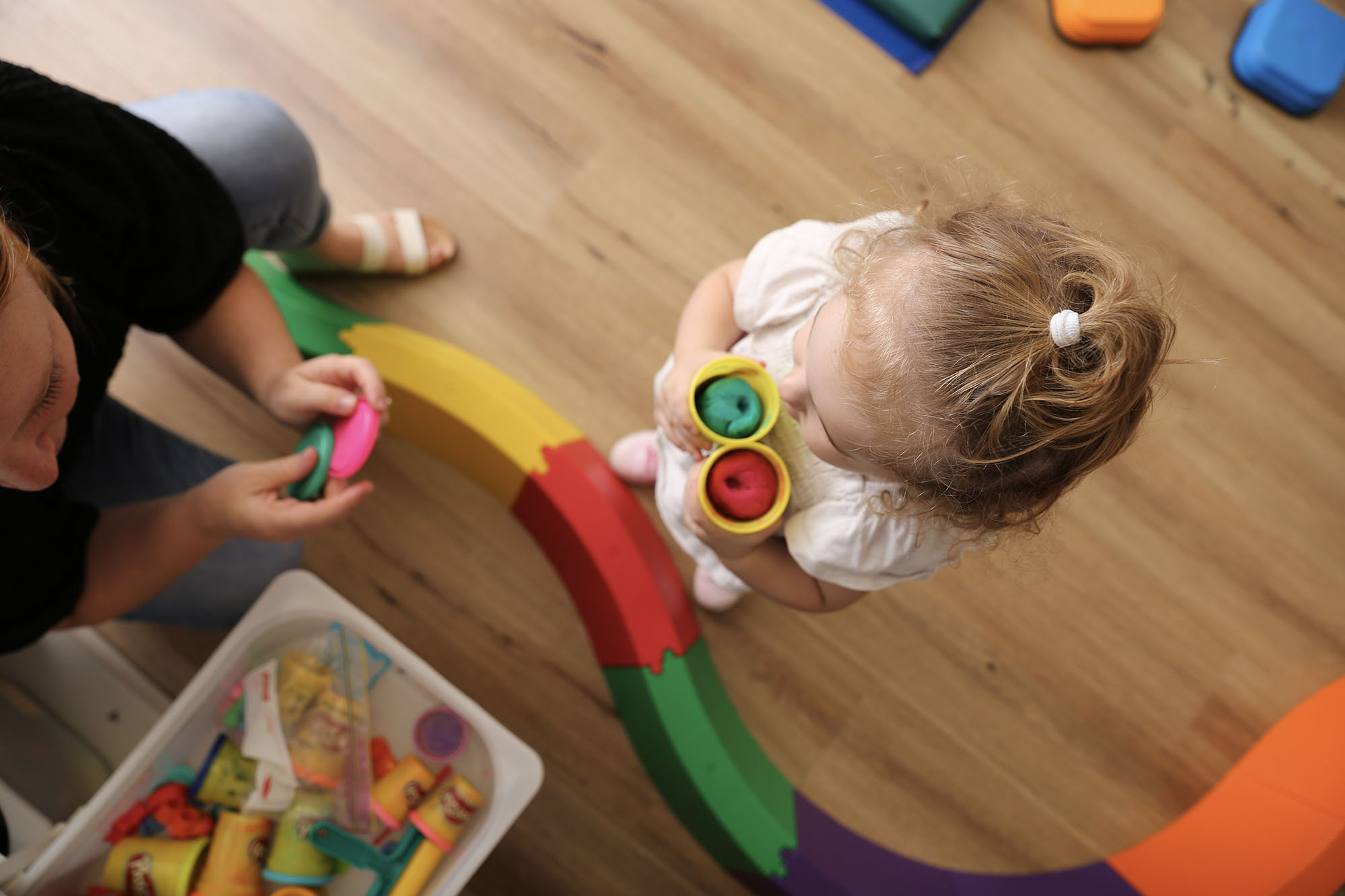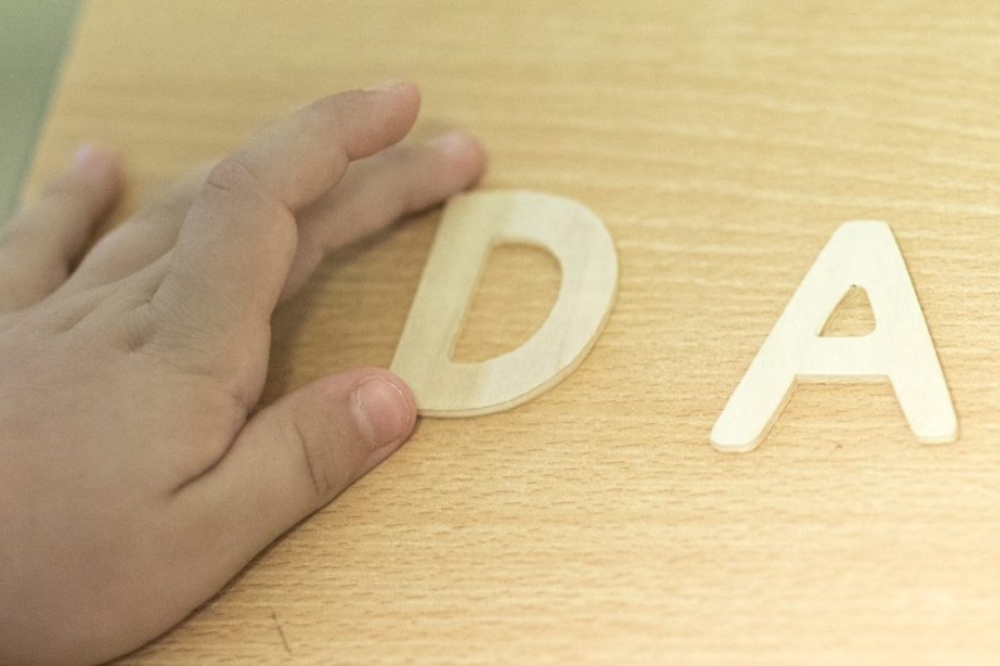- Assessments
- /
- Academic
What are Academic Assessments?
Academic assessments measure a child's current skills in areas like reading and maths compared with other children their age.
About this service
Academic assessments are used to assess areas of academic strength or difficulty in school age children. These assessments are key to identifying if your child struggles with a specific learning difficulty such as dyslexia (difficulty with reading/writing) or dyscalculia (difficulty with maths). Understanding your child’s intellectual functioning along with their academic profile helps us determine the complexity of their difficulties. We can then guide you in recommending the most appropriate interventions and supports at school and at home, helping your child reach their full potential.

What to expect in the assessment
Academic assessments involve three sessions
Session one (1-1.5 hours): In this initial session with one of our qualified psychologists, we will discuss the concerns you have about your child’s learning difficulties and identify what questions you would like answered throughout the assessment process. Your psychologist will gather background information and history and recommend an appropriate assessment plan to answer your questions. It is useful to bring any relevant reports or letters regarding your child to the initial session.
Session Two (1-2 hours): Cognitive and academic assessment.
Session Three (1-1.5 hours): In this feedback session, we have a detailed discussion about the findings of the assessments and help you understand any next steps. The report will take up to four weeks to complete, and full payment is required before we release it. You can share the report with your child’s school.












